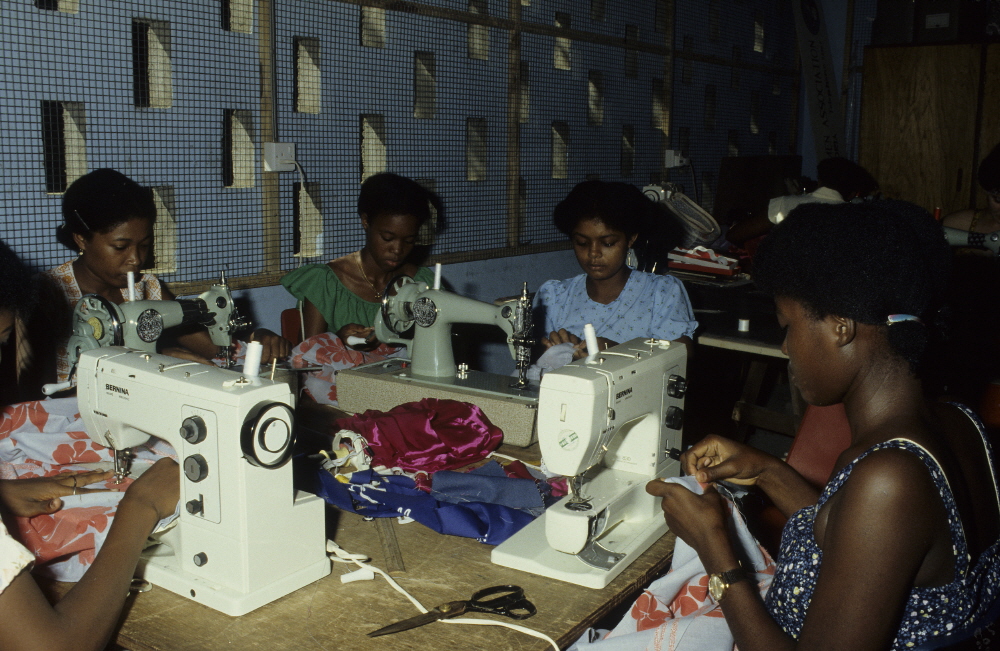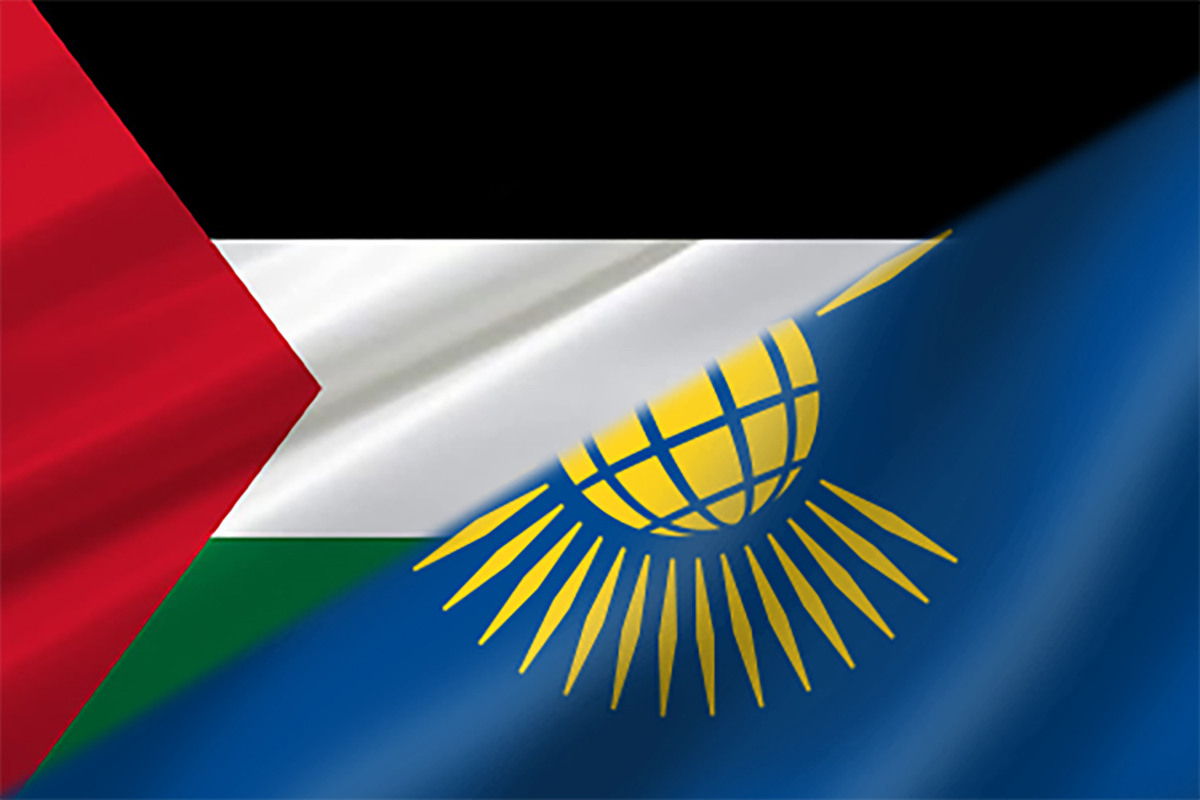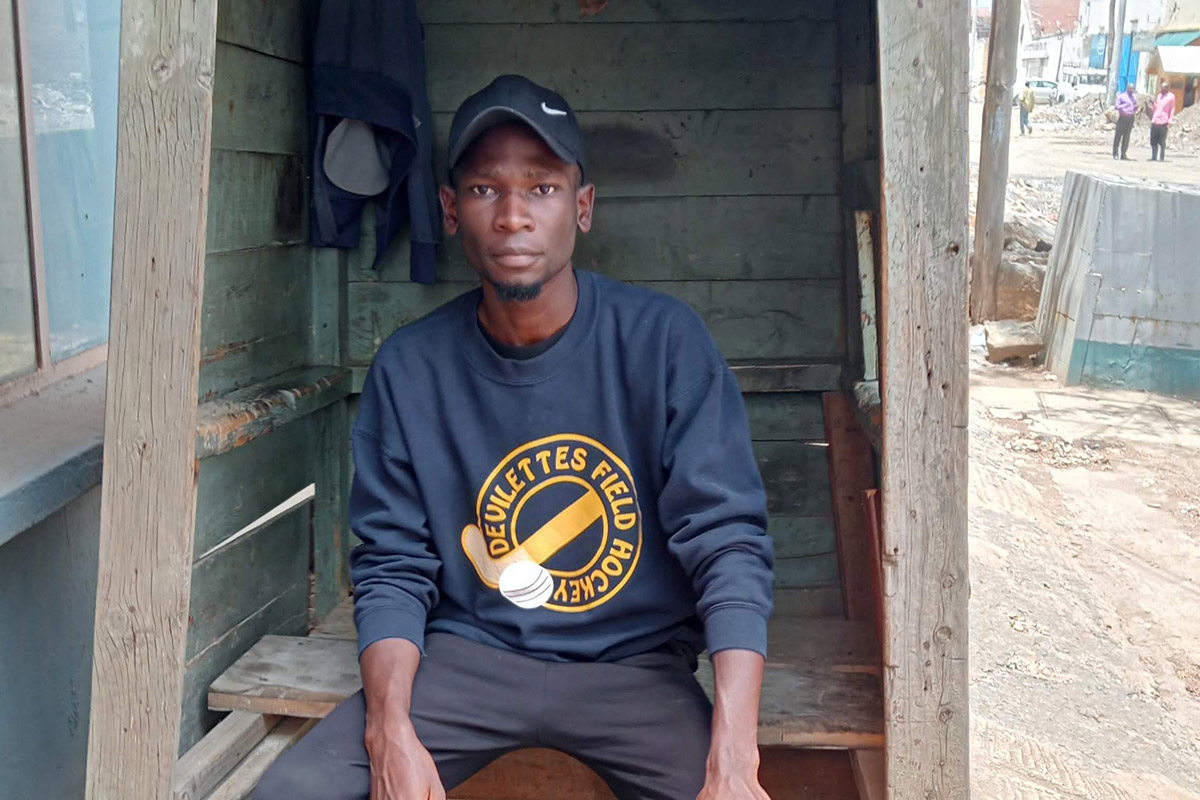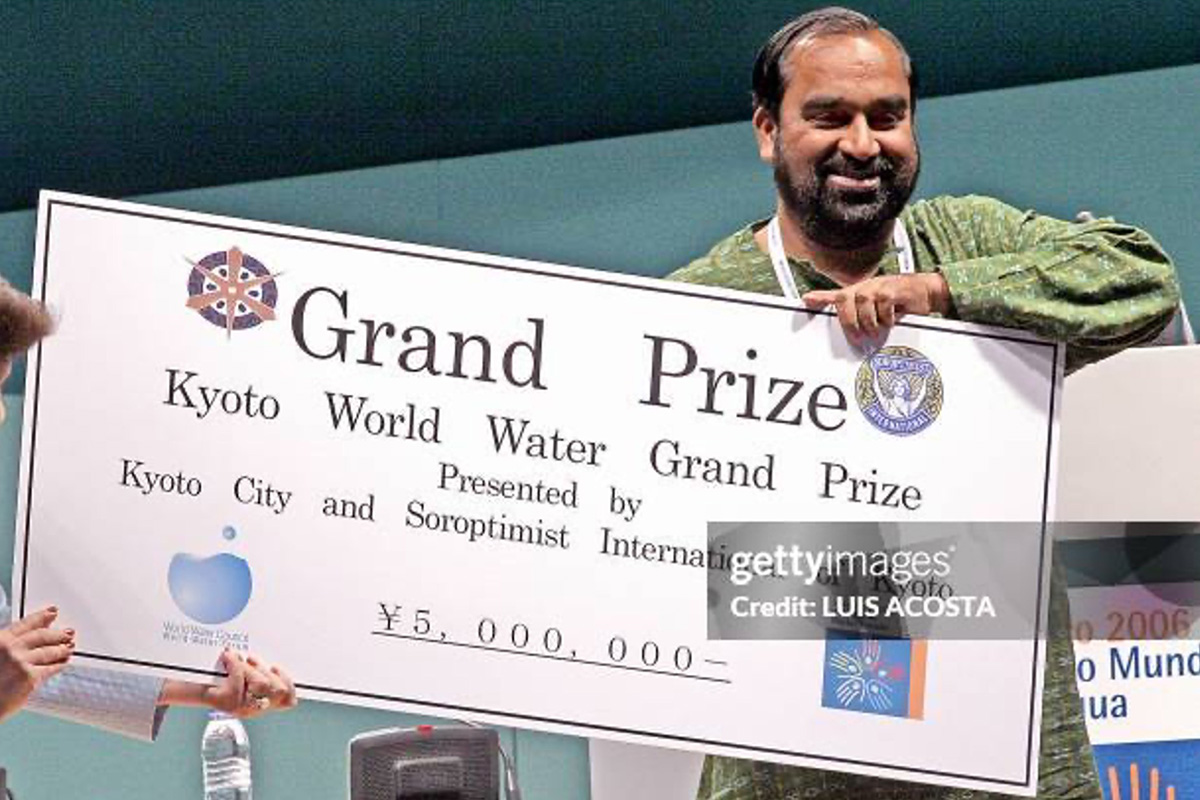“We need specific gender-sensitive policies”
November 12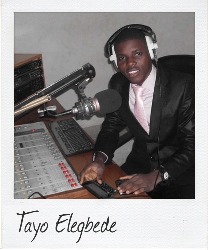 In Nigeria, 38 percent of women lack formal education, reports Tayo Elegbede, 22, a Commonwealth Correspondent from Lagos in Nigeria. Yet the failure to fully tap the potential of women undermines the quality of democracy and threatens economic and social strength.
In Nigeria, 38 percent of women lack formal education, reports Tayo Elegbede, 22, a Commonwealth Correspondent from Lagos in Nigeria. Yet the failure to fully tap the potential of women undermines the quality of democracy and threatens economic and social strength.
It is apparent that no appreciable development can be made on the local, national or international platform without recognising girls and women as equal players in the game of life.
Where women have access to secondary education, good jobs, land and other assets, we see national growth and stability enhanced. We see lower maternal mortality, improved child nutrition, greater food security, and less risk of HIV and AIDS.
“When we empower women, we empower communities, nations and entire human family,” says UN Secretary-General Ban Ki-moon.
Achieving gender equality and women’s rights in Nigeria and the world at large is crucial to establishing and sustaining the three Millennium Development Goals (MDGs)
Yet gender inequality has a greater impact than the development goals themselves. Gender dynamics underpin all those goals and to make progress, we need specific gender-sensitive policies and action.
That means empowering women, upgrading their skills and investing in them for a better world.
Women make up more than half of the world’s population. Globally, they perform two-thirds of the work, yet receive one-tenth of the income and own a mere sliver of the property. They represent a staggering 70 percent of the world’s one billion poorest people. This is a stark development reality for our world.
At the same time, when we fail to fully tap half the world’s talent and potential we undermine the quality of democracy, the strength of our economies, the health of societies and the sustainability of peace.
My country, Nigeria, is the most populous country in Africa and seventh-most in the world. It has 80.2 million girls and women.
Yet 38 percent of women in Nigeria lack formal education. Only four percent have higher education. The comparative figures for men are 25 percent and seven percent.
Undoubtedly, Nigeria and the world at large has in the last decade witnessed an unprecedented expansion of women’s rights. It has been a profound social revolution. For example, women’s right to vote is now virtually universal. Nonetheless, millions of men and women around the world recognize there is much to be work to be done on gender equality, especially in developing countries like Nigeria.
Only 25 out of the 360 members of the Nigerian House of Representatives are women and only about four percent of local government councilors are women. This perhaps explains Nigeria’s low investment in sectors crucial to human development such as health and education.
“Government policy should prioritise agriculture and rural development, because 54 million of Nigeria’s 80.2 million women live and work in rural areas where they constitute 60-70% of the rural work force”, the 2012 Gender Report in Nigeria says about promoting women’s livelihood.
The report also advises incentives for girls to complete primary and secondary education. It urges free education for girls and better education funding at the state and national levels.
The fight for gender equality can only be successful if citizens make concerted efforts to support leadership on women’s issues. We must strengthen women’s economic empowerment, end violence against women, include women in peace and security processes, and ensure that public planning and budgeting respond to the needs and rights of women. Together, we can make it happen!
At this juncture, let me drop my pen in recognition and appreciation of all girls and women across the globe. Despite societal inequality and discrimination, they have like my mother and sisters continued to grow in leaps and bounds…I love, respect and cherish you all. PEACE!
TAYO ELEGBEDE JET is a Nigerian Journalist cum Mediapreneur
Follow @tayojet1
Photo: Commonwealth Secretariat
…………………………………………………………………………………………………………………
About me:
I am a young broadcast journalist, radio presenter, writer, public relations practitioner and social entrepreneur with a passion for all-round human development.
My core philosophies in life include honesty and integrity, open-mindedness, responsibility and accountability.
…………………………………………………………………………………………………………………
Opinions expressed in this article are those of the author and do not necessarily represent the views of the Commonwealth Youth Programme.
Articles are published in a spirit of dialogue, respect and understanding. If you disagree, why not submit a response.
To learn more about becoming a Commonwealth Correspondent please visit: http://www.yourcommonwealth.org/submit-articles/commonwealthcorrespondents/
